Home

How Can You Encourage Sensory Play for Your Baby and What are Its Benefits?
In this Article
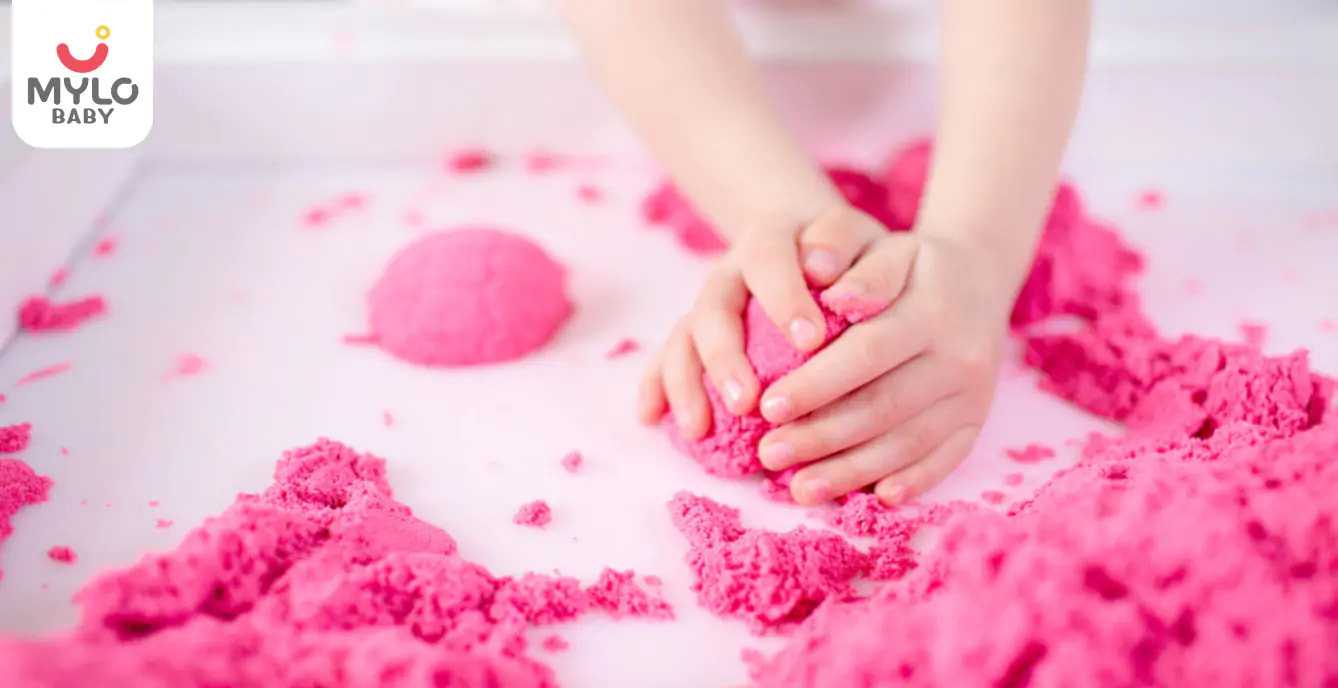
Baby Care
How Can You Encourage Sensory Play for Your Baby and What are Its Benefits?
Updated on 17 July 2023
As a parent, you want to provide your baby with every opportunity to thrive and develop. One important aspect of your baby's development is their sensory development. Sensory play is a fun and engaging way for babies to explore their senses of touch, sight, smell, hearing and taste. But how can you encourage sensory play for your baby and what are its benefits?
In this article, we will explore the importance of sensory play for babies, the benefits it provides, and provide tips for how to encourage sensory development in infants.
What Is the Importance of Sensory Play for Babies?
Sensory play is important for babies because it provides them with a fun and engaging way to explore their environment and learn about the world around them. By engaging in sensory play, babies are able to use their senses to explore different textures, sounds, colors, and shapes. This helps to stimulate their cognitive development and build important neural connections in their brain.
Additionally, sensory play can help to develop fine motor skills, hand-eye coordination, and language development. Sensory play also provides babies with an opportunity to express themselves creatively and develop their imagination. Overall, sensory development is a vital part of a baby's development and should be encouraged as much as possible.
How Can You Develop Your Baby’s Senses?
Here are 6 creative ways adopting which in to your day-to-day life can help in your baby's sensory development:
1. Sensory Bins
Fill a bin with various materials such as sand, rice, or water and let your baby explore and play with the textures. Alternatively, you can fill your baby's bathtub with water, bubbles and toys of different sizes, texture and colours.
2. Musical Toys
Introduce toys that play music for your baby to listen to and dance along with. Additionally, you can play soothing lullabies to them as they get ready for bed or nursery rhymes when they are ready for some action in the morning.
You may also like: 5 ways in which music helps in your baby's brain development
3. Texture Books
Use books with textured pages to help babies explore different textures through touch. Introducing books to babies at an early age can help with their emotional and sensory development, enhance their focus and expand their vocabulary.
4. Baby Massage
Gentle massage can help babies develop a sense of touch and can also be a calming activity for both baby and you. While massaging your baby, you can also talk to them, describe them what you are doing and make them familiar with various body parts.
5. Sensory Play Mats
Use play mats with different textures and colors to encourage babies to roll, sit, and crawl. Initially, you can use play mats for giving tummy time to your baby and later, they can learn to sit, roll and crawl over it.
6. Sensory Walks
You can also take your baby on a sensory walk outside and encourage them to touch different textures such as grass, leaves, and trees. Until your baby can walk, you can carry them in a baby carrier and take them on these sensory strolls.
What Are the Benefits of Sensory Play?
Sensory play can help your baby in a various ways such as:
1. Cognitive Development
Sensory play helps babies develop cognitive skills such as problem-solving, visual-spatial skills, and object recognition. As babies explore and manipulate sensory materials like sand, water, and playdough, they are learning about cause and effect relationships and developing foundational skills for future learning.
You may also like: Top 10 Baby Brain Development Activities
2. Language Development
Sensory play provides opportunities for babies to learn new vocabulary and concepts. As they interact with different materials, they can learn the names of colors, shapes, and textures, and begin to understand concepts like wet/dry, hot/cold, and hard/soft.
3. Social-Emotional Development
Sensory play also helps babies develop social-emotional skills like self-regulation, sharing, and cooperation. As they play with others or independently, they learn to manage their emotions and behaviors, and develop a sense of curiosity and wonder about the world around them.
4. Fine Motor Skills
Sensory play helps babies develop fine motor skills as they manipulate and experiment with different materials. For example, picking up small objects like beads or pouring water from one container to another helps develop hand-eye coordination and dexterity.
5. Creativity and Imagination
Sensory play encourages babies to use their creativity and imagination. As they explore different textures and materials, they can create their own experiences and use their imaginations to come up with new ideas and ways of playing.
You may also like: Baby Milestones: A Week-By-Week Guide to Your Baby’s Development in the First Year
Key Takeaways
In conclusion, sensory play is not only a fun activity for babies but also an important part of their growth and development. By providing opportunities for babies to explore different textures, sounds, and sights, you can help promote cognitive, social-emotional, and sensory development. Encouraging sensory development in infants can be as simple as setting up a sensory bin or taking a sensory walk outside. By incorporating sensory play into your baby's daily routine, you can help them grow and learn in a fun and engaging way.
References
1. Dickie VA, Baranek GT, Schultz B, Watson LR, McComish CS. (2009). Parent reports of sensory experiences of preschool children with and without autism: a qualitative study. Am J Occup Ther.
2. Woo T, Lee KH. (2013). Effects of sensory education based on classroom activities for lower grade school children. Nutr Res Pract.



Written by
Ravish Goyal
Official account of Mylo Editor
Read MoreGet baby's diet chart, and growth tips

Related Articles
Why Protein Is Essential During Pregnancy: Benefits of Protein-Rich Snacks
Top 100 Baby Names for Boys and Girls 2026 Edition: The Ultimate Trending & Meaningful Name Guide
The Ultimate Guide to the Best Romantic Web Series on OTT for Couples
Best Indian Crime Web Series Based on True Stories: The Ultimate Binge-Watch Guide (2026)
Related Questions
Hello frnds..still no pain...doctor said head fix nhi hua hai..bt vagina me pain hai aur back pain bhi... anyone having same issues??

Kon kon c chije aisi hai jo pregnancy mei gas acidity jalan karti hain... Koi btayega plz bcz mujhe aksar khane ke baad hi samagh aata hai ki is chij se gas acidity jalan ho gyi hai. Please share your knowledge

I am 13 week pregnancy. Anyone having Storione-xt tablet. It better to have morning or night ???

Hlo to be moms....i hv a query...in my 9.5 wk i feel body joint pain like in ankle, knee, wrist, shoulder, toes....pain intensity is high...i cnt sleep....what should i do pls help....cn i cosult my doc.

Influenza and boostrix injection kisiko laga hai kya 8 month pregnancy me and q lagta hai ye plz reply me

Related Topics
RECENTLY PUBLISHED ARTICLES
our most recent articles
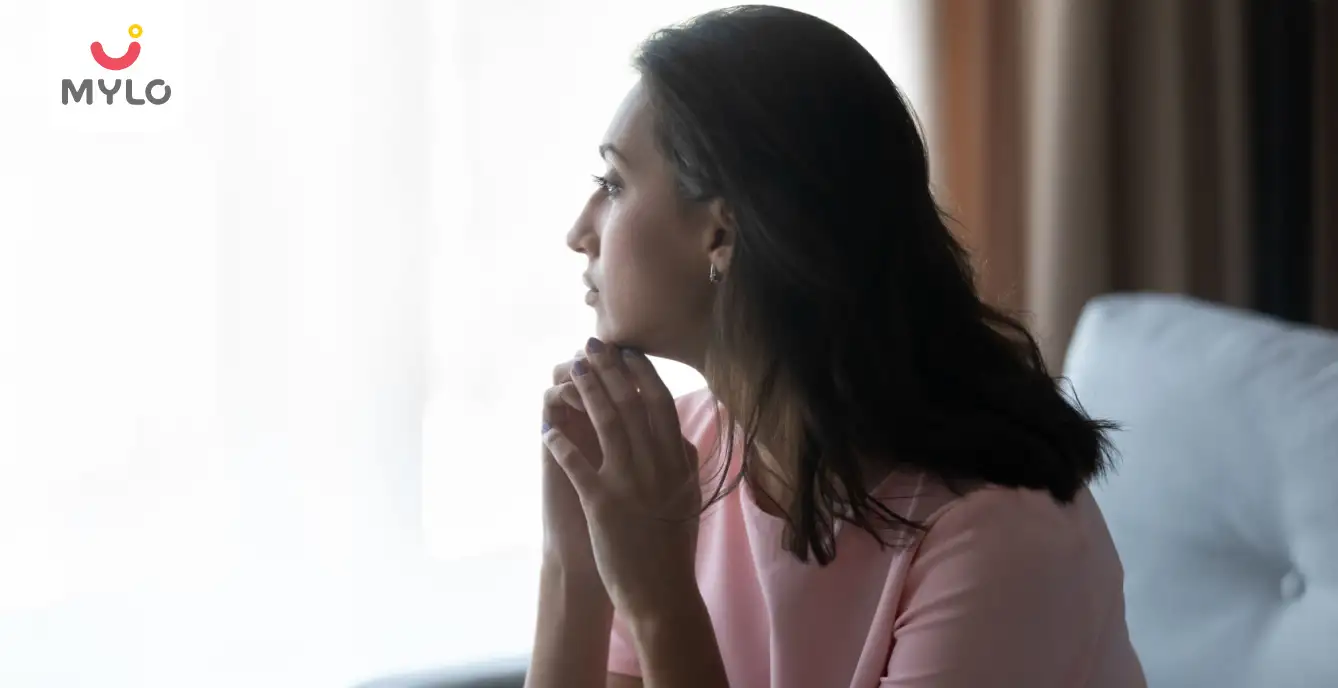
IVF Pregnancy
After How Many Weeks IVF Pregnancy Is Safe: Understanding The Ideal Timeline
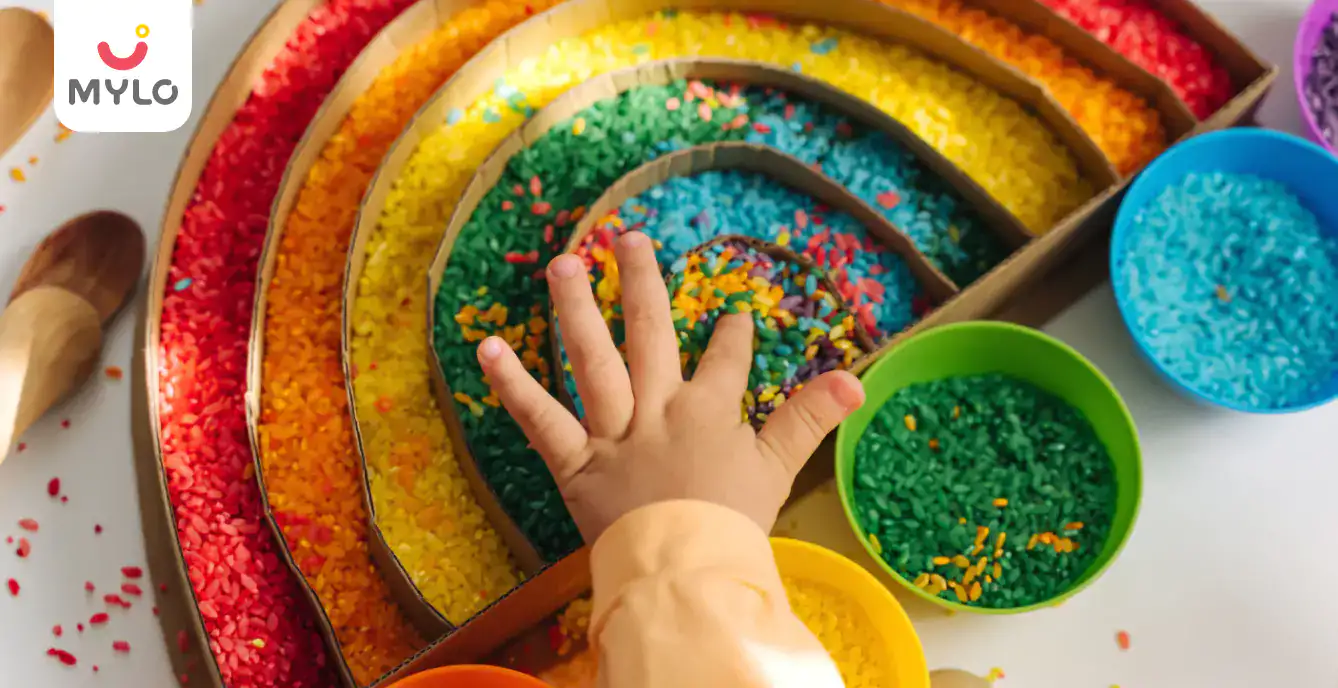
Exploring the Senses: 9 Incredible Benefits of Sensory Play for Your Child's Development
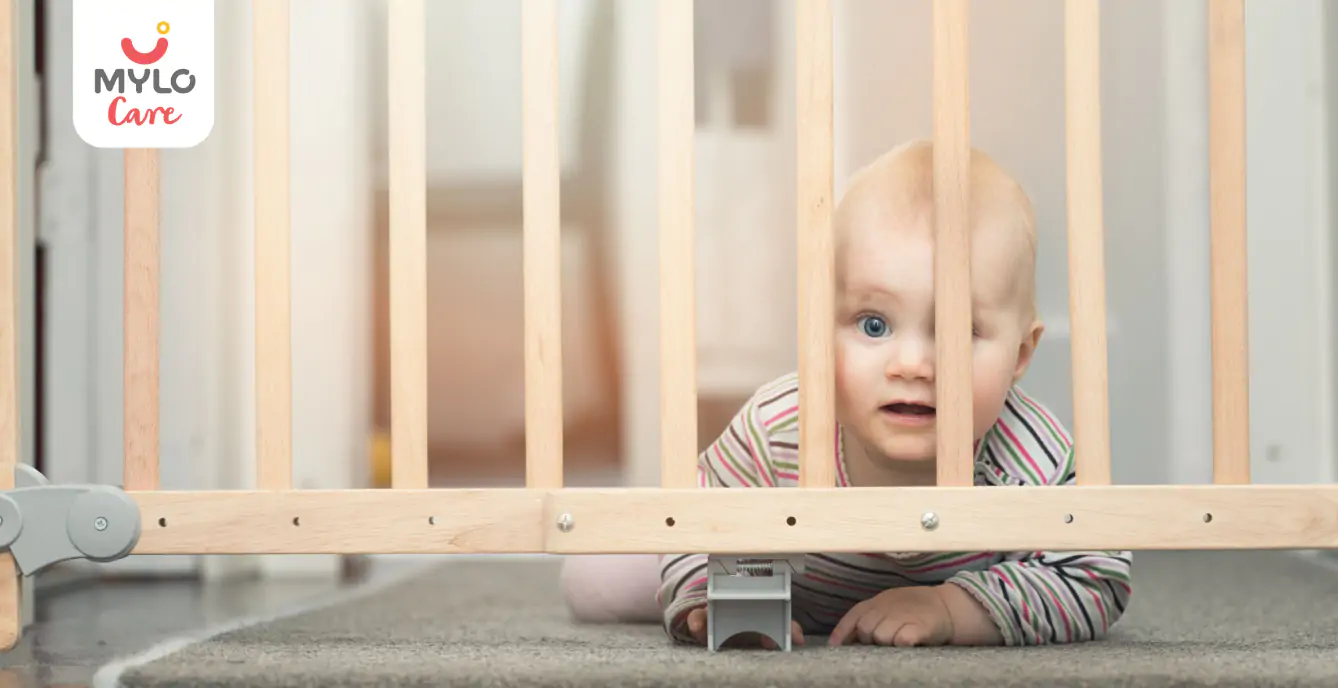
Childproofing
The Ultimate Guide to Childproofing Your Home
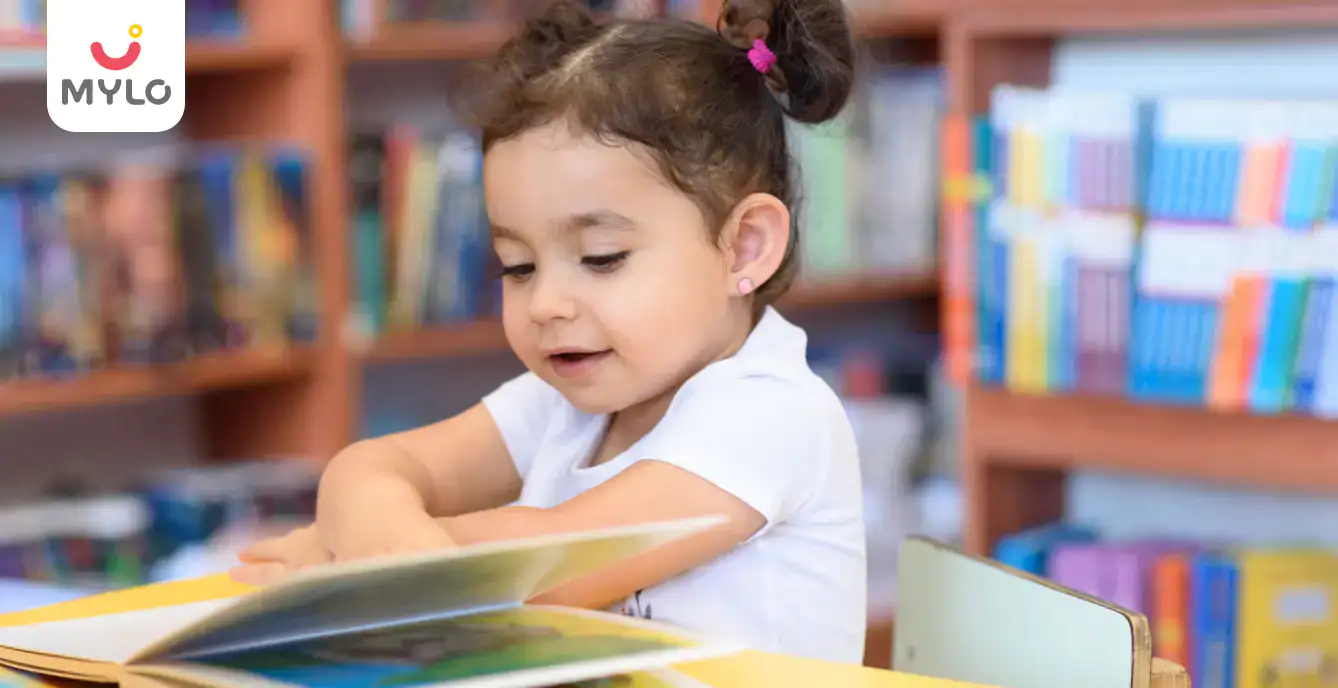
Books
Start Their Love for Reading Early: The Best Books for Baby's First Library
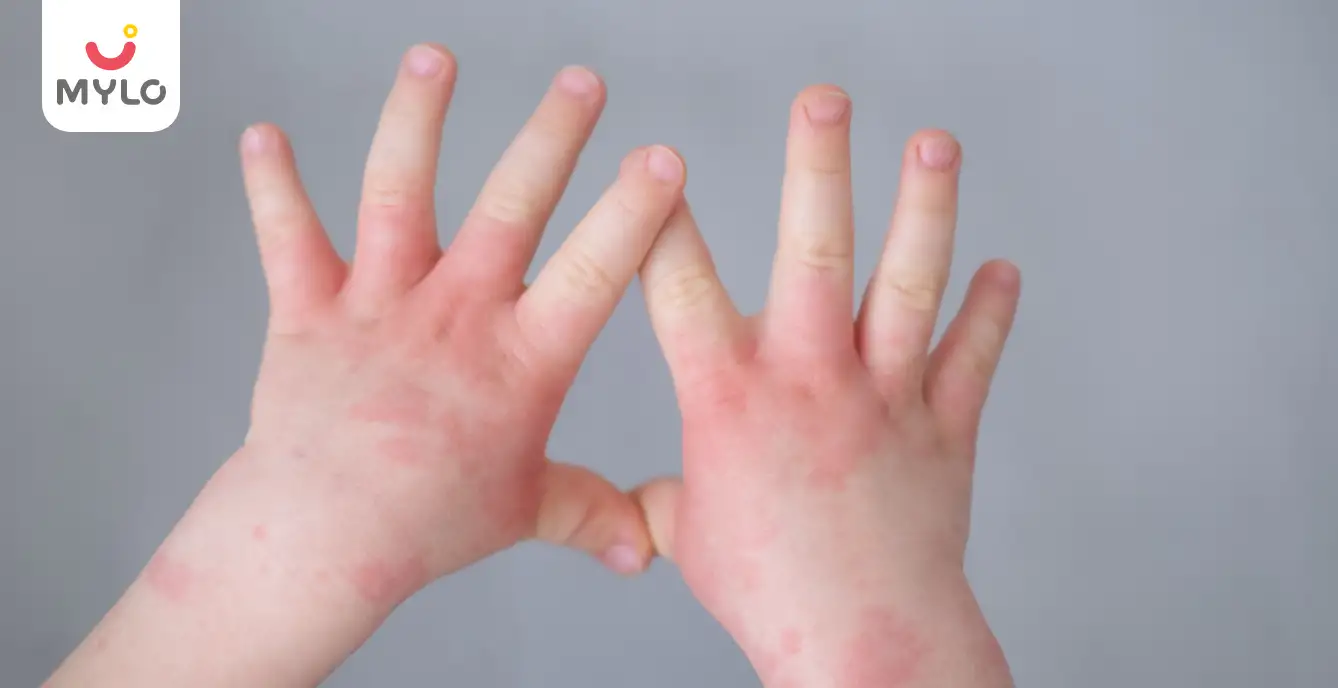
Illnesses & Infections
CMPA (Cow's Milk Protein Allergy): Identifying Symptoms and Understanding Treatment
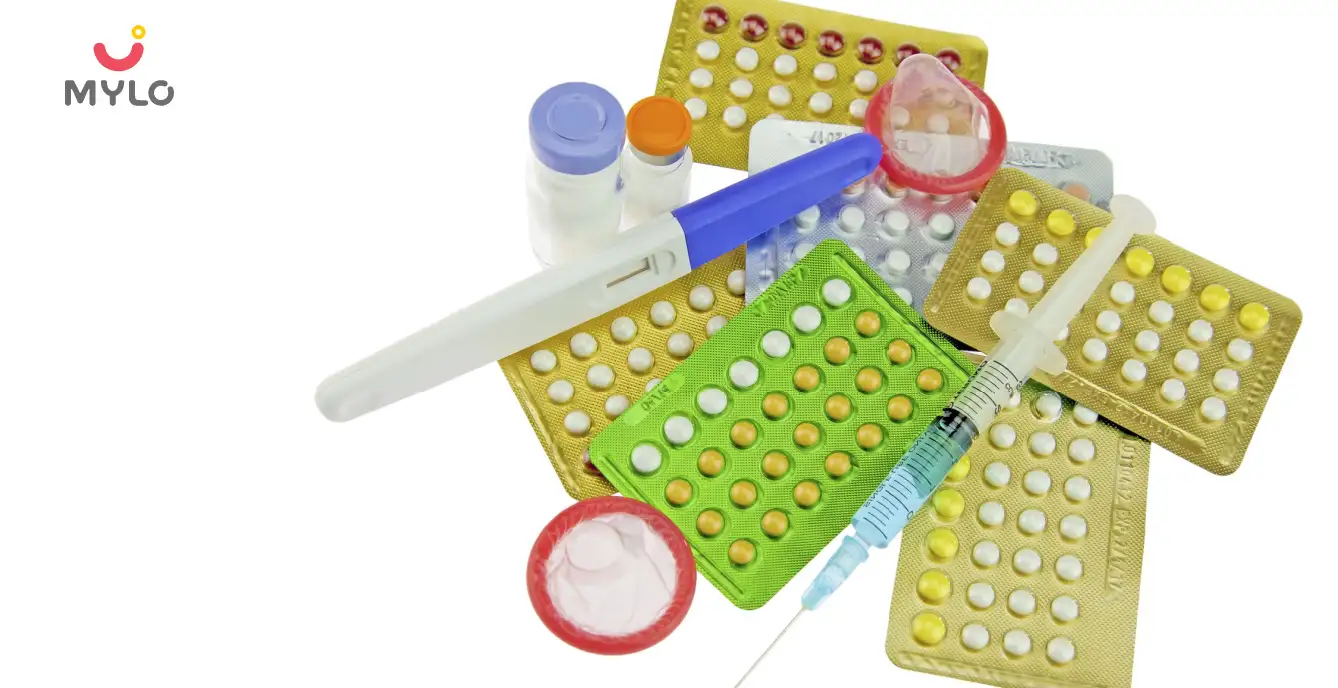
Contraceptive
Birth Control Options While Breastfeeding: Balancing Parenthood and Contraception
- Period During Breastfeeding What Every New Mother Should Know
- Role of Stories and Rhymes in Your Baby’s Brain Development
- Intracytoplasmic Sperm Injection (ICSI) How It Can Help Treat Male Infertility
- Baby Sleeping While Breastfeeding: Understanding the Causes and Solutions
- Lump in Breast During Breastfeeding How to Identify, Treat, and Prevent Lump Formation
- Understanding Down Syndrome: A Comprehensive Guide for Parents
- Lactation Failure: A Comprehensive Guide to Understanding the Causes and Solutions
- Breast Pain During Pregnancy: What to Expect and How to Find Relief
- Baby Spit Up: The Ultimate Guide to Causes, Prevention, and Management
- Unexplained Infertility: Breaking Down the Factors and Finding Solutions
- Mulethi: Unraveling the Therapeutic Potential of Licorice Root for Your Overall Health
- 5 Steps to a Healthy Lifestyle: The Blueprint for Your Wellness Journey
- Chandraprabha Vati: How This Potent Ayurvedic Formulation Can Boost Your Health
- Trichomoniasis: Meaning, Symptoms, Causes and Risks


AWARDS AND RECOGNITION

Mylo wins Forbes D2C Disruptor award

Mylo wins The Economic Times Promising Brands 2022
AS SEEN IN

- Mylo Care: Effective and science-backed personal care and wellness solutions for a joyful you.
- Mylo Baby: Science-backed, gentle and effective personal care & hygiene range for your little one.
- Mylo Community: Trusted and empathetic community of 10mn+ parents and experts.
Product Categories
baby carrier | baby soap | baby wipes | stretch marks cream | baby cream | baby shampoo | baby massage oil | baby hair oil | stretch marks oil | baby body wash | baby powder | baby lotion | diaper rash cream | newborn diapers | teether | baby kajal | baby diapers | cloth diapers |




